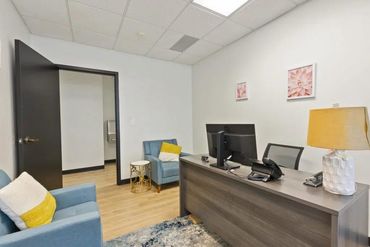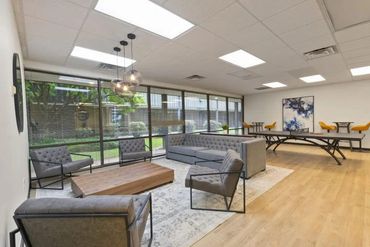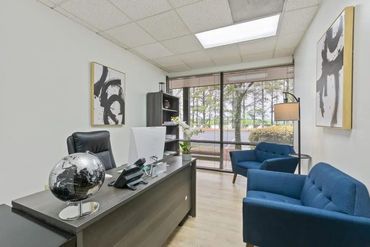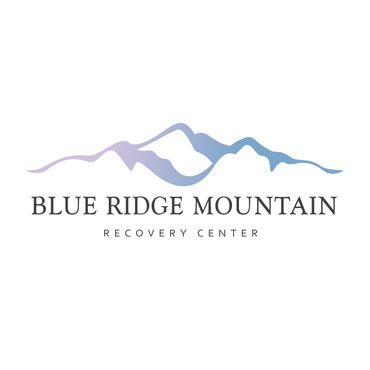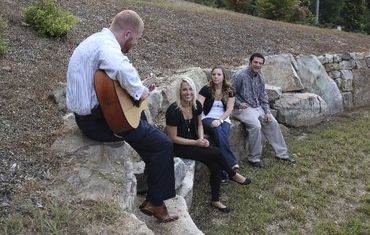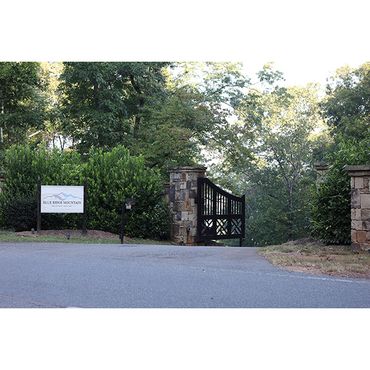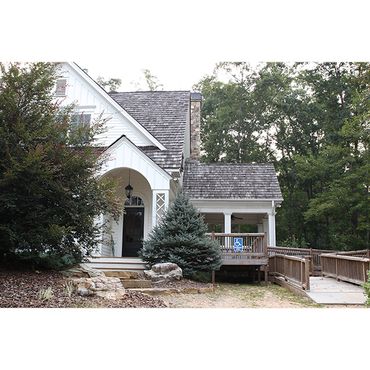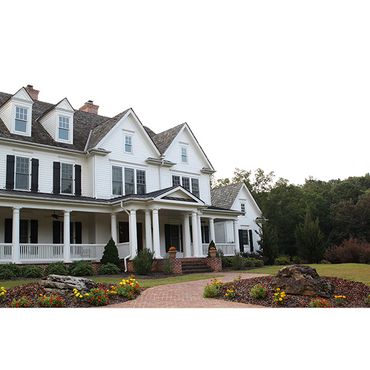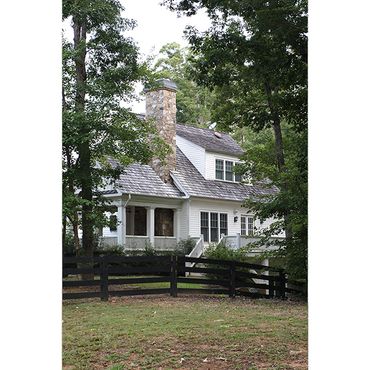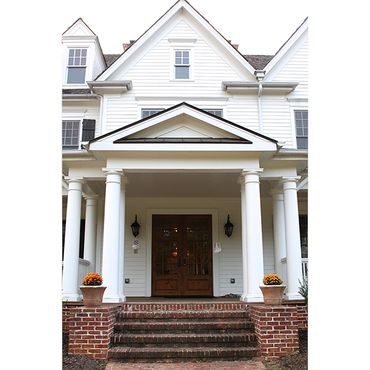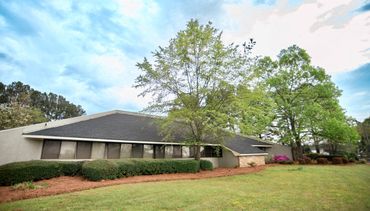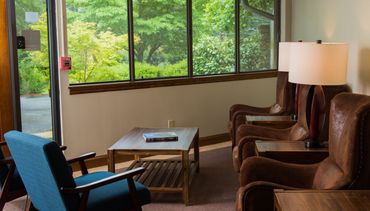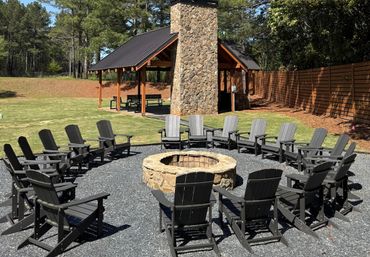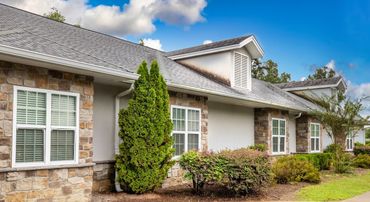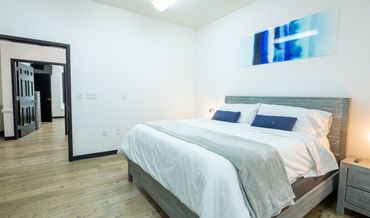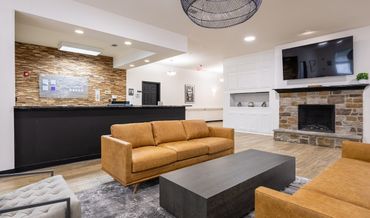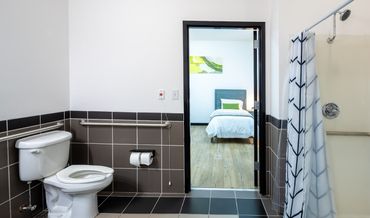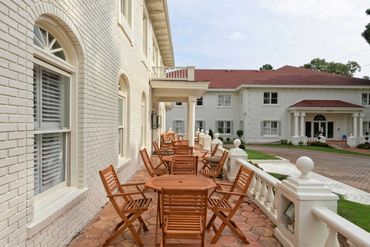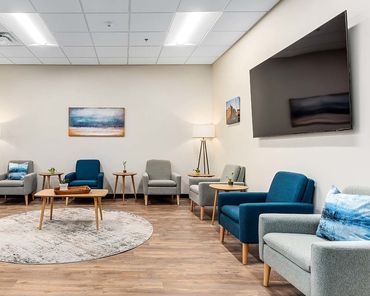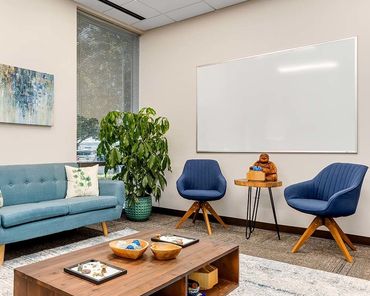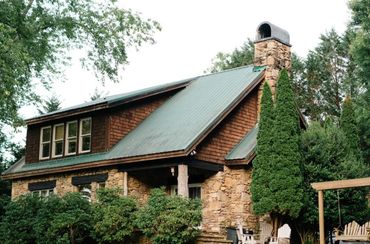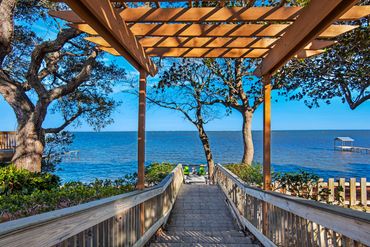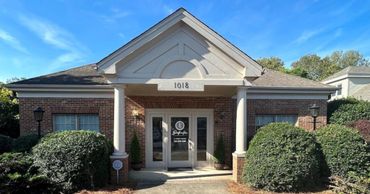
Drug & Alcohol Rehab Centers near Atlanta, GA
If you are struggling with addiction to alcohol or drugs, reaching out for help can be an important first step in your journey to recovery. Fortunately, there are many drug and alcohol rehabs in Atlanta and the surrounding areas that offer evidence-based treatment programs, including detox, inpatient, and outpatient facilities.
Specialized treatment facilities may also be available, including programs for first responders and veterans or people who struggle with a co-occurring mental health disorder. To begin your search for rehab in Atlanta, get started by using our free nationwide rehab search tool. Find addiction treatment facilities that take insurance, rehabs that allow pets, outpatient rehab programs, and more.
Treatment Centers near Atlanta, GA
Open to Travel? Check out Top-Rated Options
All Treatment Centers near Atlanta, GA
Are You Covered For Treatment?
- Marietta Rehabs
- Decatur Rehabs
- Savannah Rehabs
- Augusta Rehabs
- Statesboro Rehabs
- Lawrenceville Rehabs
- Athens Rehabs
- Macon Rehabs
- Cumming Rehabs
Information About Rehab in Atlanta
Latest Reviews
Latest Reviews of Rehabs in Georgia
Atlanta Recovery Place
I got to focus on me and really get my stuff together. Everything is organized and laid out for you so you can focus on your recovery. Will recommend to anyone.
More Info
According to the 2020 National Survey on Drug Use and Health, approximately 8.3% of residents aged 12 and older in the Atlanta, Marietta, and Sandy Springs area had a past-year substance use disorder (SUD). While many people are struggling, the good news is that treatment is available and recovery is possible.
What Can Be Treated
Substance abuse treatment in Atlanta includes care for various types of SUD including addictions to illicit and prescription drugs. With so many options for drug and alcohol rehabs in Atlanta, services are available for people with SUDranging from mild to severe.
Atlanta residents with more severe SUD or those who don’t have a stable home environment may benefit from an inpatient program so they can receive around-the-clock support. Inpatient rehabs in Atlanta vary but will house patients at the facility for the duration of their treatment program. Patients will typically participate in several types of group and individual therapies for a period of 30 and 90 days, although treatment program lengths vary. Inpatient programs are highly structured and can provide patients with the stability they need to focus on their recovery.
Those with milder SUD or who have already begun their recovery journey may transition to an outpatient program to continue their recovery journey. Outpatient programs can vary significantly in duration and intensity. For example, an intensive outpatient program in Atlanta may have patients come in for treatment several times a week while standard outpatient programming may only take place once a week.
Types of Treatment Programs
Recovery looks different for everyone because everyone has different needs that can be influenced by their drug history, physical and mental health, and much more. Because of this variability, the National Institute on Drug Abuse states that effective treatment should be individualized to be successful. Every Atlanta rehab is slightly different and will utilize different programming for its patients.
Some common programming can include:
- Detox: An Atlanta detox center will often offer 24/7 supervision for patients so they can achieve a substance-free state as comfortably and safely as possible. Professional drug detox can help patients transition to ongoing treatment, which can help address the underlying causes of their addiction.
- Mental health care: Some addiction rehab centers in Atlanta will offer more intensive mental health care than others. Be sure to take the facility’s mental health programming into consideration.
- Therapy: Therapy can take many forms including behavioral therapy, group therapy, holistic therapy, and family therapy.
- Support groups: Many treatment centers will have support groups in place, and some will even have specialized groups comprised of people with unique needs.
- Luxury care: A luxury rehab in Atlanta will be able to offer patients comforts and amenities that a traditional treatment center cannot.
Payment Options
At first look, treatment can seem expensive and out of reach, but there are many different ways people are able to cover the cost that does not involve strictly paying out of pocket. With the Affordable Care Act, substance use disorder treatment is covered by health insurance. When searching for drug addiction treatment in Atlanta, look for a facility that accepts your insurance and talk with your provider about what specifically is covered.
Other people will take out loans, ask for help from friends and family, or look for scholarships to cover the remaining costs. Alternatives to private addiction treatment centers can include government-run facilities or services from local organizations and charities such as Mary Hall Freedom Village and Covenant Community Inc.

